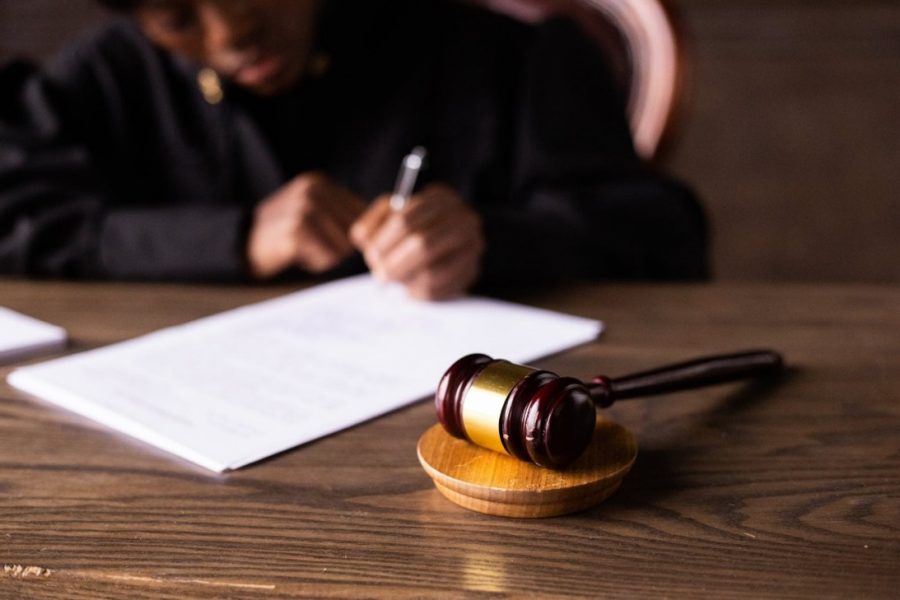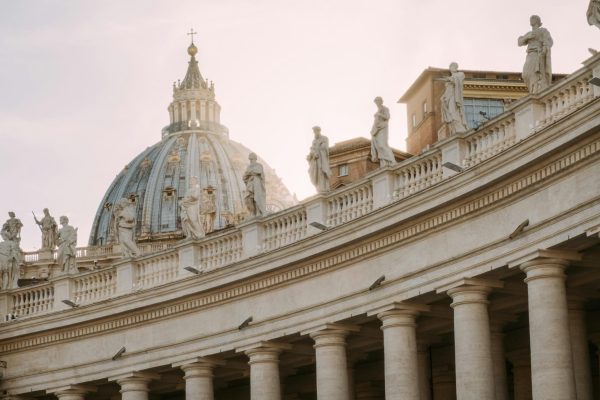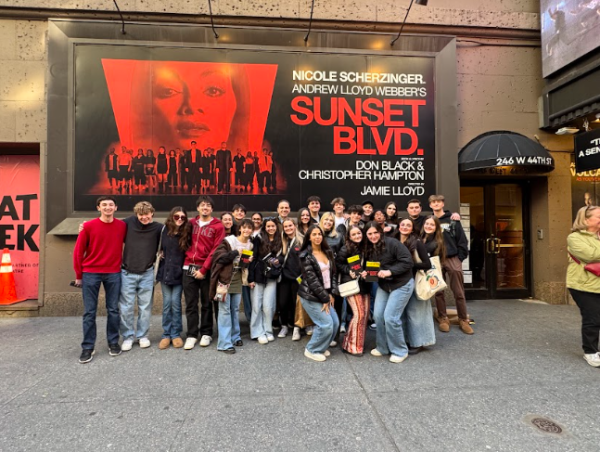Supreme Court Back in Session:
Taking on Death Sentence for Boston Marathon Bomber
The Supreme Court is back in session, and it has agreed to hear 39 new cases. One of the first cases centers on a decision by the US Court of Appeals for the First Circuit in Boston: to overturn the death penalty sentence for Dzhokhar Tsarnaev, one of the two men responsible for the 2013 Boston Marathon bombings.
Dzokhar and his older brother, Tamerlan, detonated two homemade pressure-cooker bombs at the Boston Marathon on Apr. 13, 2013. The explosions left three people dead, and hundreds of others injured. Tamerlan was shot and killed by police after he killed a Massachusetts Institute of Technology (MIT) police officer, stole an SUV, and took part in a shootout with policemen in Watertown, Massachusetts. Dzhokhar escaped the shootout and was captured days later following a massive manhunt by the Boston Police Department and federal agents.
In 2015, Dzhokhar was tried and found guilty, and he was sentenced to death. In 2020, his lawyers appealed to the First Circuit in Boston, which upheld his convictions yet ruled to overturn his death sentence.
According to The New York Times, Dzhokhar’s lawyers felt many aspects of the trial were unfair and had affected his sentence. They believed the jury pool was compromised because, they claimed, the trial judge had not questioned them deeply enough about the media information they were exposed to before and during the trial.
Dzhokhar’s defense team also stated that vital evidence about Tamerlan and his alleged involvement in other criminal acts was not presented. They believe that showing this evidence during the trial would have shown his character and the influence he held over his brother. With the knowledge of this evidence, the defense believes the jury would have felt sympathy for Dzhokhar and would have given him a shorter sentence. The defense presented these flaws to the appellate court, which agreed with the defense that these issues had significantly affected the trial and revoked the death penalty. Dzokhar’s sentence has been changed to life in prison.
When asked if she feels the Appellate court made the right decision in overturning the death penalty, Kings County Senior Assistant District Attorney Jeanne Flachner said, “I think the Appellate Division made the wrong decision. This ‘evidence’ was too collateral as to the bias of the juror.”
The case is now being pursued under the Biden Administration and brought to the Supreme Court. The Supreme Court justices spent less time looking at the judge’s lack of questioning of jurors, and rather looked more into the exclusion of evidence showing Tamerlan’s involvement in a triple homicide. The inclusion of this evidence would have provided an argument for the defense, as it would have demonstrated that Tamerlan influenced his brother to participate in the Boston Marathon attacks.
In 2013, Tamerlan’s friend Ibragim Todashev told the FBI that Tamerlan was part of a 2011 drug deal robbery in Waltham, Massachusetts, and slit victims’ throats. According to CNN (cnn.com), Deputy Solicitor General Eric Feigin believes the evidence is “unreliable hearsay” and said it came from a “dead man with a powerful motive to lie.”
Liberal justices are taking a closer look at the evidence. According to a New York Times article, Supreme Court Justice Elena Kagan stated, “This court let in evidence about Tamerlan poking somebody in the chest…this court let in evidence about Tamerlan assaulting a fellow student, all because that showed what kind of person Tamerlan was and what kind of influence he might have had over his brother.” Kagan feels that the defense was able to show the character of Tamerlan and the influence he might have held over Dzhokhar. It appears that the Supreme Court is siding with the government in reinstating the death penalty.
Flachner said she feels that Dzhokhar’s intentions were clear: he purposely placed a backpack with a bomb in it behind a group of young children. She added, “The defense has valid arguments, namely that evidence of the confession should have been allowed in and that the biases of jurors should have been explored more deeply. But, I still think it is not persuasive to this court.”
The Supreme Court will announce its final decision later this year.























